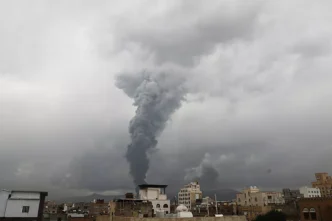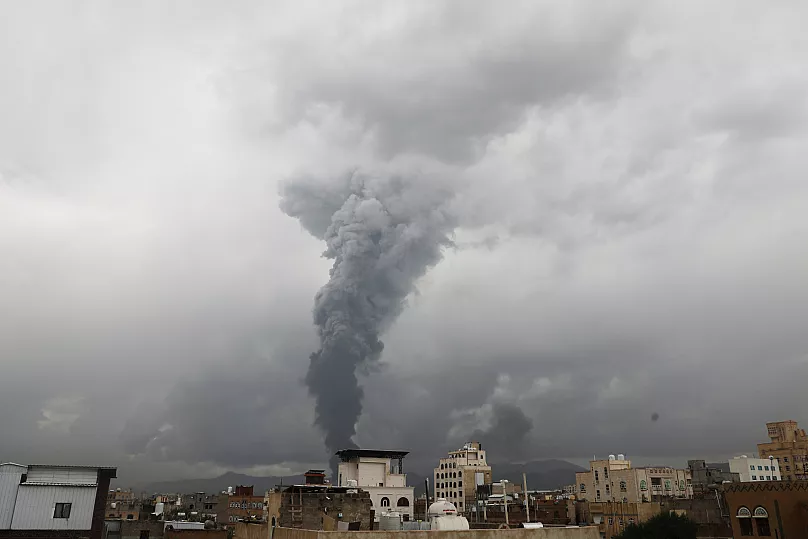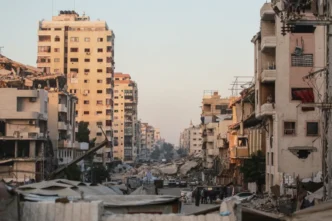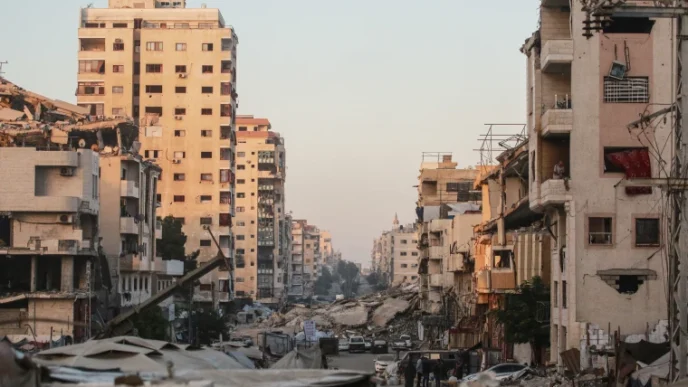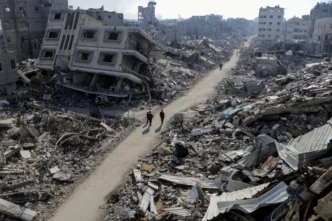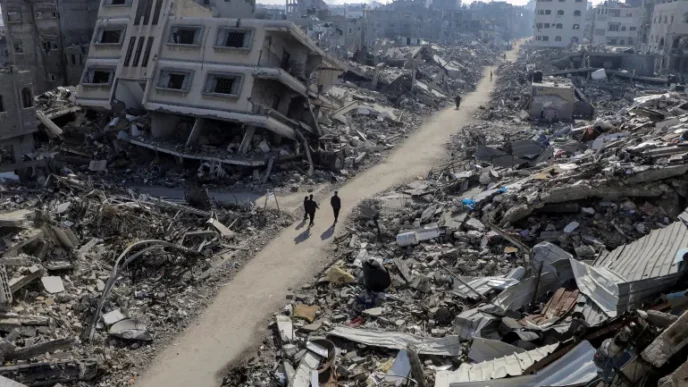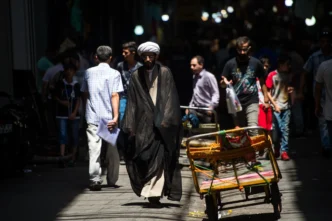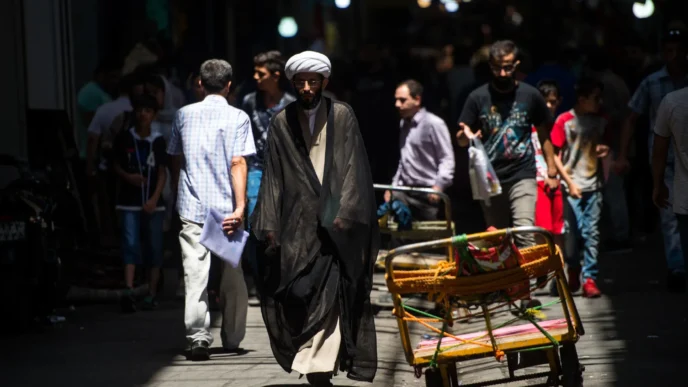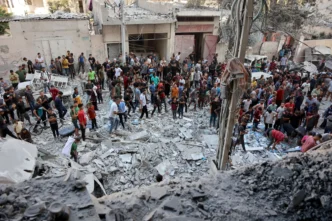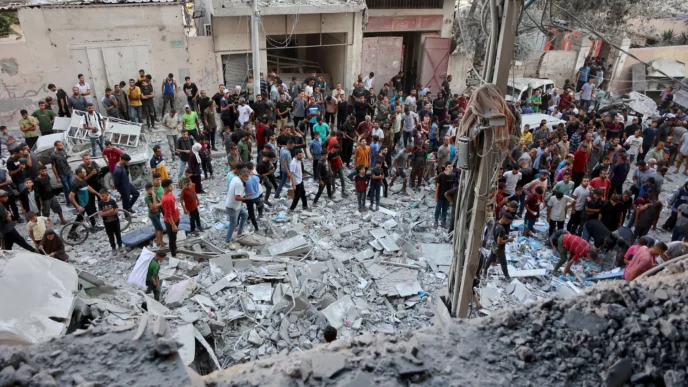Israeli warplanes carried out airstrikes on Yemen’s capital, Sanaa, late Wednesday, according to Houthi-run media outlets. The reported strikes mark a dramatic expansion of Israel’s military operations in the region, intensifying fears of a broader confrontation that stretches far beyond Gaza and Lebanon.
Strikes in Sanaa
Local media aligned with the Houthi movement claimed that several Israeli missiles struck sites in central and northern Sanaa, including military facilities allegedly controlled by Houthi forces. Residents reported loud explosions shaking the city and plumes of smoke rising from multiple districts. There were no immediate confirmed reports of casualties, though images circulating online showed damaged infrastructure and panic among civilians.
The Houthis, who control most of northern Yemen, accused Israel of “direct aggression” and vowed retaliation. “The Zionist enemy has crossed a dangerous red line,” a statement by the group read. “Our response will be severe and will reach deep into their territory.”
Israeli Justification
While Israel did not immediately confirm responsibility, senior security officials speaking to regional outlets suggested the strikes were linked to Houthi attacks on international shipping in the Red Sea. The Houthis, aligned with Iran, have targeted vessels they claim are connected to Israel and its allies, drawing global condemnation and disrupting one of the world’s busiest maritime trade routes.
Israeli officials have previously warned that continued Houthi operations in the Red Sea posed a national security threat. Analysts say the reported strike in Sanaa is intended to signal that Israel will no longer tolerate indirect attacks on its shipping and allies.
Regional Context
The development adds yet another layer to an already combustible Middle East. Since the start of the Gaza war, the Houthis have stepped up their military activities, declaring solidarity with Palestinians and firing missiles and drones toward Israel, many of which have been intercepted by U.S. and allied naval forces.
Iran, which backs the Houthis with weapons and training, has condemned Israel’s operations in Gaza and warned of a “regional explosion” if strikes spread. The targeting of Sanaa could therefore ignite broader hostilities, potentially drawing in Tehran and heightening tensions between Israel and Gulf Arab states.
International Reaction
The United Nations expressed alarm over reports of strikes in the Yemeni capital, emphasizing the humanitarian toll. Yemen has already endured nearly a decade of war between the Houthis and a Saudi-led coalition, leaving millions dependent on aid. “Any new escalation risks further destabilizing the region and worsening Yemen’s humanitarian catastrophe,” a UN spokesperson said.
The United States and European allies, while supportive of Israel’s right to defend its shipping lanes, are reportedly urging restraint to avoid inflaming conflict zones already stretched from Gaza to Lebanon to Syria.
Implications for Shipping and Trade
The Red Sea, a vital artery for global commerce, has seen a sharp rise in naval escorts and military deployments in recent months. Attacks attributed to the Houthis have diverted shipping routes around the Cape of Good Hope, adding weeks and costs to global supply chains. If Israeli airstrikes inside Yemen escalate, analysts warn, maritime security could deteriorate further, disrupting energy supplies and global trade.
Outlook
Whether Israel will pursue a sustained campaign in Yemen remains unclear. Some military experts believe the strike was a calibrated warning rather than the start of a broader offensive. However, the Houthis’ vow of retaliation raises the risk of new fronts opening in an already multi-theater conflict.
With Gaza still under bombardment, Hezbollah exchanging fire with Israel on the Lebanese border, and Syria witnessing frequent Israeli strikes, the extension of hostilities to Yemen signals that the war is taking on an increasingly regional dimension. The coming days will test whether this is an isolated incident—or the prelude to a far wider confrontation.


